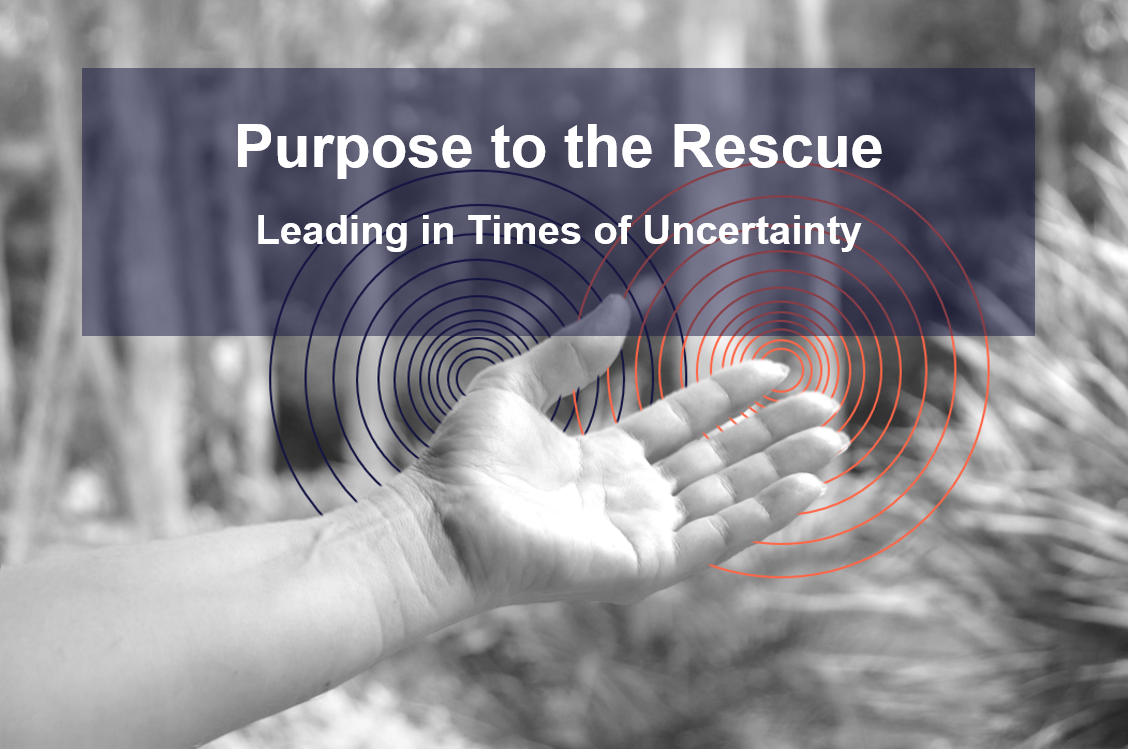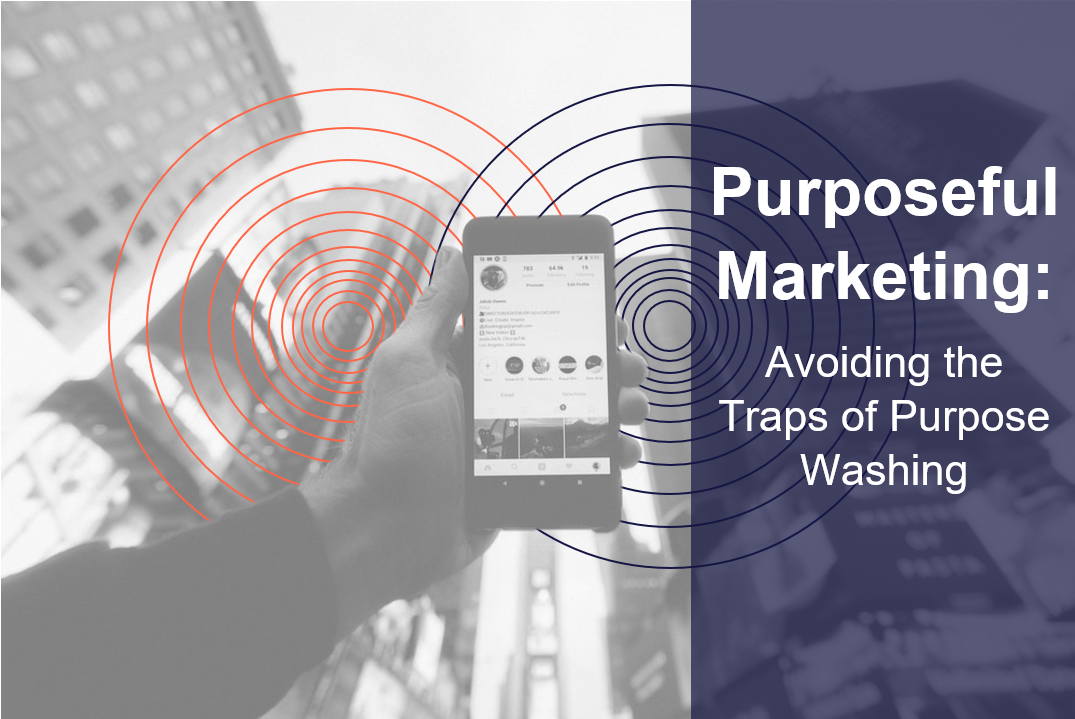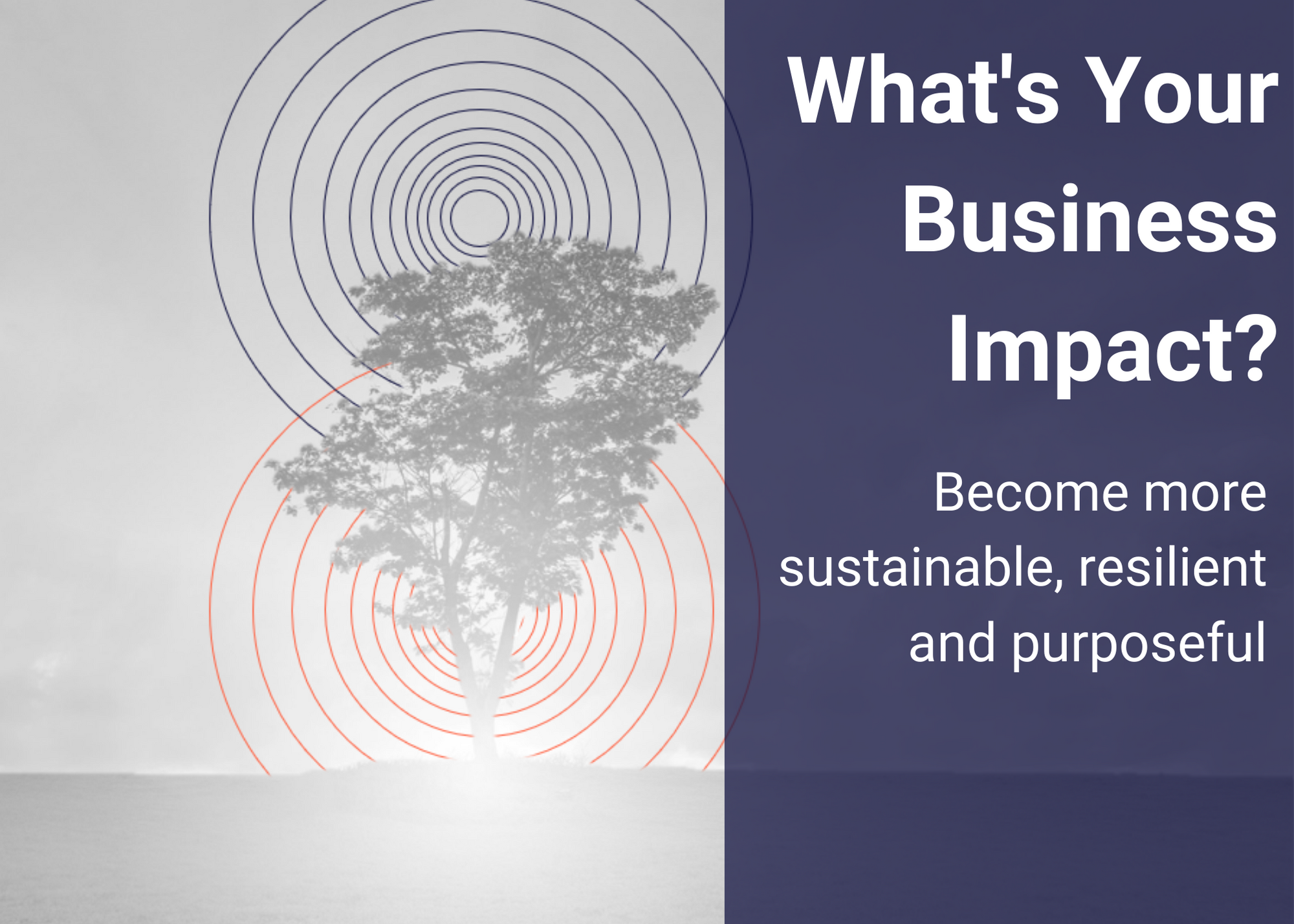The Climate Action Mindset: Creating a business culture that prioritises a safe climate
Calls for climate action across the globe have companies reconsidering their responsibility to the world. With the scale - and urgency - of climate change, stakeholders are demanding change, and fast. However, many leaders are uncertain how to act. To help with this, People With Purpose recently partnered with B Corp Climate Collective and leaders from Aesop, NDevr Environmental, Koskela and Tasman Environmental Markets for an online event where we explored how leaders can implement a climate action mindset in their business and team. Read on to find out what we discovered.
Why Should Climate Change Matter to You?
We don’t need to search far to find information around the widespread impact climate change has. Our current way of life threatens a 2.9°C warming above pre-industrial levels by 2100. Already, climate change has led to a significant impact on our flora and fauna, threatening the death of species, and severely harming livelihoods around the world. Without intervention, we risk drastic changes to our ecosystem that may not be reversible.
This has led to pressure from all stakeholders through campaigns and protests around the world, consumers purposefully switching to more eco-friendly options, and governments stepping in with new policies to reduce emissions. Organisations such as B Corporation have also challenged their business communities to champion climate action and commit to Net Zero by 2030.
These changes have meant that taking climate action is not only the right thing to do, but it is more economically viable for businesses. According to Harvard Business Review, “embedded sustainability efforts clearly result in a positive impact on business performance”.
Unfortunately, many businesses still hold onto outdated beliefs where a company must choose to either save the planet or be profitable. Changing this mindset is a key challenge many leaders struggle with when starting the climate action journey.
The Climate Action Mindset
A climate action mindset recognises the environmental, social and economic value in reducing emissions, seeing it not as a cost to the business, but as a value-creation opportunity from all perspectives. When business leaders adopt this mindset and model it for their teams, it is possible to accelerate a business’s climate action journey.
Many steps can be taken to implement a climate action mindset in your business and reduce your environmental footprint. Here are a few simple suggestions to get you started:
Onboarding
To embed this mindset throughout the team, it is beneficial to start at the onboarding process, to identify team members likely to support a climate-conscious culture and advance sustainable practices throughout the company. Consider asking questions at the interview stage that help identify these individuals, such as:
What values do you personally hold and how might you apply them within our business context?
How important is it to you that a business considers their carbon footprint? Why do you say that?
Have you previously taken action to reduce your carbon footprint either within the workplace or in personal or other endeavours? How?
In your new role, how can you see yourself participating in our climate action journey?
Engagement
To mitigate resistance from stakeholders, business leaders must effectively communicate the value of carbon emission reduction. Consider what parts of your company’s operations have the most impact on climate and which stakeholders have the most influence on those areas. Challenge those stakeholders to reconsider their practices and find alternative lower-impact solutions. Ensure you can clearly articulate how it relates to the company strategy, why it is important to their role and what benefits and positive impacts might be created.
It is important that this is done in a respectful, inclusive and collaborative manner. See yourself as a change manager and stakeholder manager. Take the time to reflect on the language used, and when it would be appropriate to present valid data to assist and accelerate environmentally sustainable business decisions. This dialogue should then continue throughout the journey to positively reinforce climate-conscious activities.
In many instances, the focus of engagement activities needs to start at the Board and Executive level. In this instance, case examples of industry best practice and data on the business benefits realised by those businesses can be useful in driving the climate action agenda in your organisation.
Reporting
Reporting on milestones on a consistent basis enables businesses to stay engaged and accountable to positive climate action. It should be clear how new practices contribute to these goals, and how they are relevant to each role. Develop clear lead and lag measures (KPIs) for each goal. Communicate the relationship between these impact goals and other performance goals your organisation may have (including the impact on your licence to operate), to help your team understand their equal importance.
Be sure these KPIs are transparent and intuitive to employees, and encourage open discussion throughout the organisation on how to challenge yourselves for continuous improvement. If our teams see their leaders acting purposefully, treating climate action as a key business priority, this will help to foster a climate action mindset throughout the organisation.
As purposeful leaders, we have the opportunity to champion climate action. Through these actions, you too can build a climate-friendly organisation. For now though, the most important next step is to get started.
Next Steps
Explore Climate Action Resources For Business
Register For An Online Webinar to Learn What Climate Action Other Businesses Are Taking
Schedule a FREE 1 on 1 Discovery Session To Learn How To Improve Your Business Impact
Next on your Purposeful Reading List…






